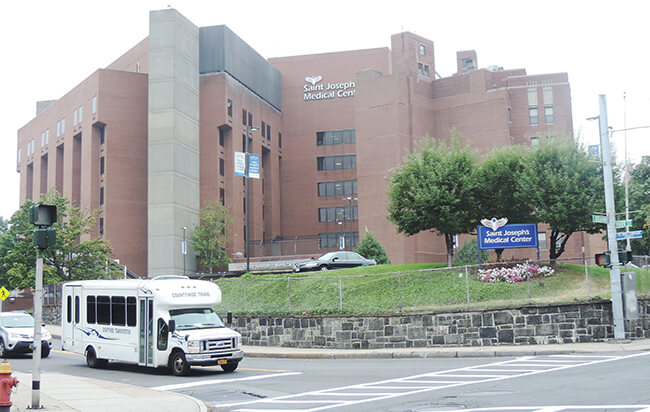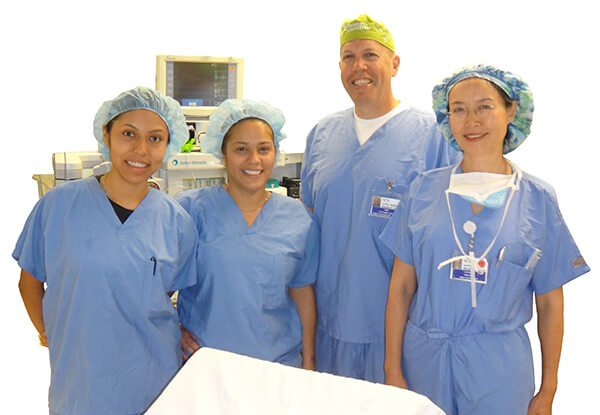Sedation Dentistry
Nitrous Oxide
Some children are given nitrous oxide/oxygen, or what you may know as laughing gas, to relax them for their dental treatment. Nitrous oxide/oxygen is a blend of two gases, oxygen and nitrous oxide. Nitrous oxide/oxygen is given through a small breathing mask which is placed over the child’s nose, allowing them to relax, but without putting them to sleep. The American Academy of Pediatric Dentistry, recognizes this technique as a very safe, effective technique to use for treating children’s dental needs. The gas is mild, easily taken, then with normal breathing, it is quickly eliminated from the body. It is non-addictive. While inhaling nitrous oxide/oxygen, your child remains fully conscious and keeps all natural reflexes. THIS OPTION IS AVAILABLE AT ALL OF OUR OFFICE LOCATIONS.
Prior to your appointment:
- Please inform us of any change to your child’s health and/or medical condition. Tell us about any respiratory condition that makes breathing through the nose difficult for your child. It may limit the effectiveness of the nitrous oxide/oxygen. Let us know if your child is taking any medication on the day of the appointment.

Outpatient General Anesthesia
Outpatient General Anesthesia is recommended for apprehensive children, very young children, and children with special needs that would not work well under conscious sedation or I.V. sedation. General anesthesia renders your child completely asleep. This would be the same as if he/she was having their tonsils removed, ear tubes, or hernia repaired. This is performed in a hospital setting only. While the assumed risks are greater than that of other treatment options, if this is suggested for your child, the benefits of treatment this way have been deemed to outweigh the risks. Most pediatric medical literature places the risk of a serious reaction in the range of 1 in 25,000 to 1 in 200,000, far better than the assumed risk of even driving a car daily. The inherent risks if this is not chosen are multiple appointments, potential for physical restraint to complete treatment and possible emotional and/or physical injury to your child in order to complete their dental treatment. The risks of NO treatment include tooth pain, infection, swelling, the spread of new decay, damage to their developing adult teeth and possible life threatening hospitalization from a dental infection.
Prior to your appointment:
- Please notify us of any change in your child’s health. You must tell the doctor of any drugs that your child is currently taking and any drug reactions and/or change in medical history. Please dress your child in loose fitting, comfortable clothing. Your child should not have milk or solid food after midnight prior to the scheduled appointment. The child’s parent or legal guardian must remain at the hospital waiting room during the complete procedure.
After the appointment:
- Your child will be drowsy and will need to be monitored very closely. Keep your child away from areas of potential harm. Prior to leaving the hospital, you will be given a detailed list of "Post-Op Instructions" and an emergency contact number if needed.

I need to talk to someone regarding my child's surgery?
Please call any of our offices between the hours of 8:30a-4:30p and ask to speak with a surgery coordinator. (914) 378-7848.
Will someone call me soon regarding my child's surgery?
A surgery scheduler will NOT place your child on the schedule until they have all the paperwork they are required to have by law. If your child was not scheduled the day of their appointment, please make sure that we are not waiting on paper work to schedule the surgery. When paperwork is completed, you may expect a call from a scheduler within 1-2 days. If you have not received a call please feel free to call any of our offices and ask for a surgery scheduler. (914) 378-7848.
Why is my child not able to get into surgery sooner?
Every child is placed on the schedule in the order in which their completed paperwork is received. Many things factor into the surgery date: health history, severity of case, age, weight, insurance, and doctor preference.
When and why does my child need to have a physical?
Prior to any patient going under general anesthesia they will be asked to present a Health and Physical form at the time of surgery. This form will need to be dated no earlier than 29 days prior to surgery. Everyone want to make sure your child is healthy and has no other medical issues that would cause any complications during their procedure.
Why can't my child eat or drink anything before surgery?
Food or liquid in the stomach is very dangerous when a person is put under general anesthesia. When the patient receives general anesthesia, he/she could vomit the food/liquid still in the stomach and this could enter the lungs. This is called aspiration which is a life threatening condition.
What does General Anesthesia mean?
To keep your child safe and comfortable during a dental procedure, your child’s dentist might decide to use general anesthesia in a surgical setting. General anesthesia makes your child’s whole body go to sleep. It is needed for certain dental procedures and treatments so that his or her reflexes will be completely relaxed. Your child will feel no pain during the procedure, nor have any memory of it.
Should my child brush his/her teeth in the morning before surgery?
No, for their safety we don’t want any risk of your child swallowing water.
Will someone let me know what time to be at surgery?
Yes they will call to confirm the time, location and answer any questions you may have the day before your scheduled appointment. If no one has called you or you have any questions please call (914) 378-7848 and ask for a surgery coordinator.
What do we do the night before surgery?
Make sure your child has a great dinner the night before. It is really important that your child not eat or drink anything after midnight or in the morning of surgery. Remove any nail polish from your child. It is recommended that they bathe the night before surgery.
How do we dress for surgery?
Dress in comfortable loose fitting clothing, short sleeves are preferred. We suggest pajamas or sweats, no one piece pajamas. Feel free to bring a favorite toy or blanket and an extra set of clothes, in case of an accident.
What to expect when you arrive at the surgery center at the hospital:
You will be greeted by a staff member and the admission process will be completed. You will meet with the nurse, and then your child will be escorted to the area the surgery will be performed. Because your child will be put to sleep using anesthesia a parent or guardian must remain at the hospital for the duration of the appointment.

